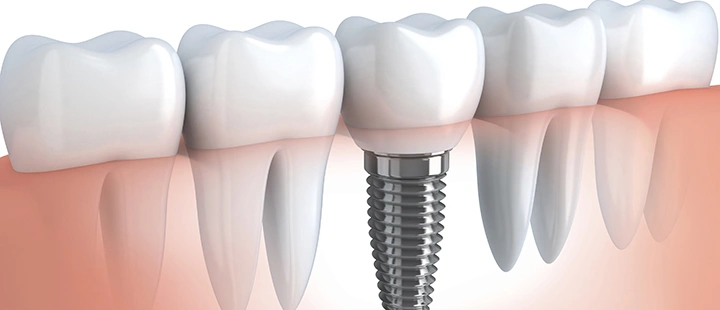Case Acceptance
Case acceptance represents one of the best areas to increase production. Using new strategies for what and how you present, you can raise your case acceptance rate to 90%. Read more…
Implants
Although most edentulous patients are candidates for dental implants, many of them may not give this treatment option serious consideration because of its cost. If you want to increase the number of implants you restore, you’ll need strategies and systems capable of overcoming this barrier.
Preparation, Presentation, Follow-Up
You might think that increasing your dental case acceptance rate depends on how well you present treatment, but that’s just part of the story. To break through to higher levels of per-patient and total production, you need to take a broader view of case presentation—one that includes preparation, the presentation itself and, with many patients these days, follow-up.
Large Cases
Dentists with high case acceptance rates yet weak revenue growth need to look more closely at what treatment is being accepted… or, more to the point, what treatment they’re presenting to increase their dental practice revenue.
Team-based Presentations
Ideally, you recommend treatment, the patient accepts, and you move forward. Fortunately, that scenario still occurs in many cases, but another more complicated and drawn-out process unfolds frequently in the new dental economy… you present, the patient remains undecided, and you follow up with a dentist presentation, hoping to eventually turn “maybe” into “yes.”
Cosmetic Services
Dentists accustomed to presenting need-based treatment sometimes have difficulty motivating patients to accept cosmetic dentistry services. Even if the conditions of patients’ teeth are causing significant aesthetic problems, the corrective procedures remain elective—and excluded from dental insurance coverage.
Comprehensive Care
Even though there have been many dramatic advances in dentistry in recent years, need-based single-tooth treatment still accounts for approximately 80% of dental cases. To some extent, this is dictated by patients’ lack of interest in certain cosmetic or other elective procedures. It can also result from an unwillingness or inability to pay for multi-tooth and other, more costly procedures… especially with uninsured patients. But in a substantial number of cases, the fault lies with dentists. If your patients remain unaware of all the comprehensive dental care services your practice provides—and their benefits—how can they take greater advantage of what you have to offer?







